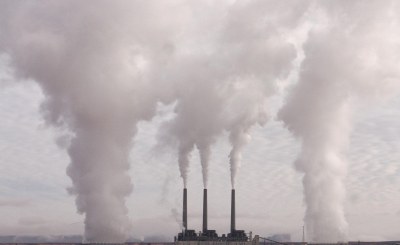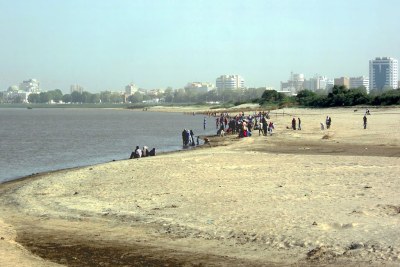-
Africa: Africa's Nile River Suffocating With Waste
VOA, 12 June 2024
The Nile River is the second-longest river in the world. It provides crucial resources to 11 countries, including South Sudan, the world's youngest nation. Read more »
Nile River's Flow at Risk Due to Waste Crisis
The Nile River, the world's second-longest river, is facing a severe environmental threat due to plastic waste and pollution, affecting the 11 countries it serves, including South Sudan, writes Sheila Ponnie for VOA.
Lueth Reng Lueth, executive director at a youth-driven nongovernmental organization, Community Action Against Plastic Waste South Sudan said that this once majestic, ancient lifeline for civilizations is now facing a severe environmental threat.
Environmental experts predict that more frequent and intense heat waves could cut the Nile's flow by 75%, spike conflicts over water resources and food insecurity, and heighten health risks related to inadequate water supply and sanitation.

Trash and rotten boards litter the Nile River, in Bor, Jonglei State, South Sudan.

A young man carries cow intestines to be washed in the Nile River, in Bor, Jonglei State, South Sudan.

Animal blood flows from a slaughterhouse to the Nile River, where it mixes with other waste, in Bor, Jonglei State, South Sudan.
InFocus
-
Essential access routes to Ed Damazin, capital of Sudan's Blue Nile state, have been cut-off as torrential rains and resultant flash floods continue to swell the flow of the Blue ... Read more »

A boy and a woman wash intestines from a slaughterhouse in the Nile River, in Bor, Jonglei State, South Sudan.




